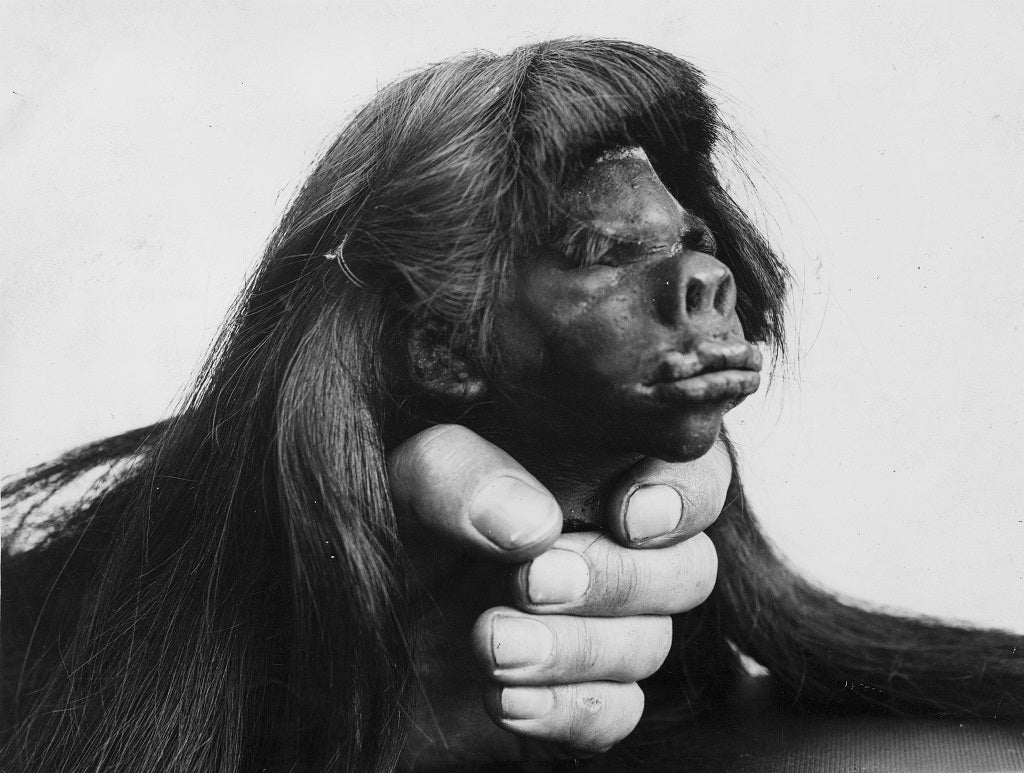Errors and Omissions: Try as you might, there's no way to decapitate a human head
This week the Independent's pedant-in-chief considers the stars, takes on "whet" vs "wet", and severs a misunderstanding

This is from Howard Jacobson’s piece last Saturday: “I liked reading about the people of Central Angoniland who, during drought, repaired to what they called a rain temple, where they poured beer into a pot for their local divinity in the hope that if they whetted his whistle we would whet theirs.” (I am grateful to Mark Miller for pointing that out.)
I think that should be “wetted” and “wet”. I’m not sure what the whistle in this expression is, but taking a drink must be wetting it. On the other hand, a drink and a nibble before dinner may whet, that is sharpen, your appetite.
That all seemed clear enough until I turned to my venerable Shorter Oxford English Dictionary. Under “wet”, it says: “To wet one’s whistle – to take a drink (late Middle English).” And under “whet”: “To whet one’s whistle – to clear the throat or voice by taking a drink (1674).” So, ”whet your whistle” is recognised. If it is an error, people have been committing it for three centuries. But I think “wet” is still to be preferred: as well as seeming more logical, it goes right back to the Middle Ages. And the Oxford Dictionary of Idioms certainly prefers “wet”.
Singular problem
On Tuesday, we carried a report on a Masonic order that admits women. The article said it was “one of the only mixed-gender orders in the world”.
“One of the only” is baffling. It seems to crop up more and more. What can it mean? “The only” would mean a single one; so “one of the only” would mean “one of the one”. Presumably, the writer means “one of the few”. Or is the guilty truth that the writer does not actually know whether there is more than one, and “one of the only” is there to fudge the issue?
Off with his head
“Winslow watched a camera pan slowly past several decapitated human heads, which had been neatly arranged into a row.” So said an article in last Saturday’s Magazine.
The Latin noun “caput” – genitive form “capitis” – means “head”. (The most common English word derived from it is “capital”.) So “decapitated” means de-headed, and it happens to the body, not the head. The head that has been removed from a decapitated body is usually said to be severed.
Twinkle, twinkle
“Downton Abbey star heckled on opening night,” said a headline on Monday. A star is a performer whose name appears above the title of the show. This accolade once accorded to the greats of stage and screen has become sadly devalued, what with all those “reality TV stars” and whatnot. It is also a short word, easy to fit into headlines. These days, everyone is a star.
There are, in fact, no stars in Downton Abbey. The celebrated feudal soap opera is performed by an ensemble cast whose names appear at the beginning of each episode in strict alphabetical order.
Join our commenting forum
Join thought-provoking conversations, follow other Independent readers and see their replies
Comments
Bookmark popover
Removed from bookmarks